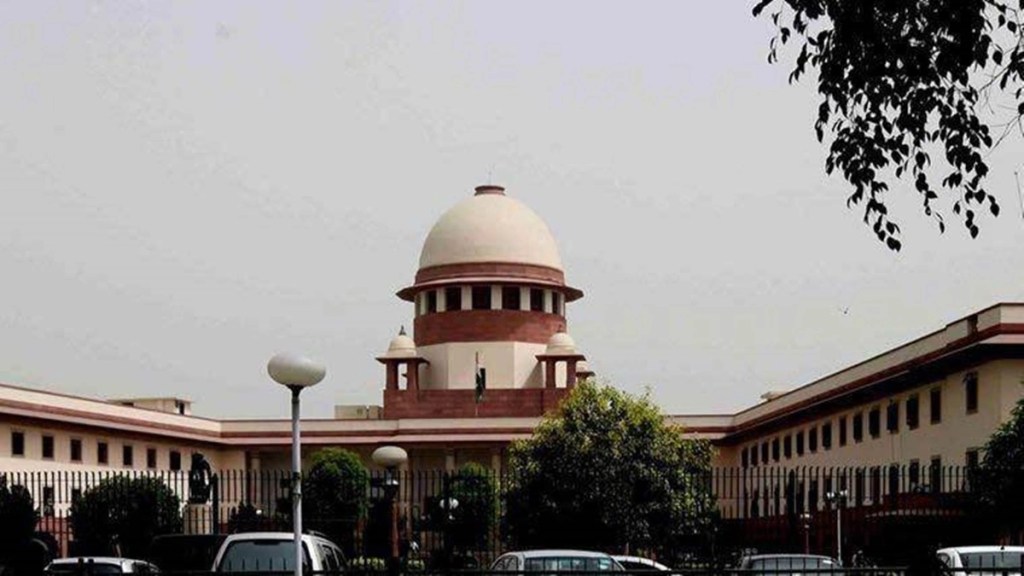The Supreme Court on Wednesday asked the Central government to convene an all-party meeting to discuss what constitutes freebies, and its impact on the economy and free and fair polls, as no legislation or judicial order can stop this ‘irrational’ culture.A bench led by Chief Justice NV Ramana also said that it will constitute a new three-judge bench led by Justice DY Chandrachud to look into the issue ,and also revisit an older judgement on the freebies.
The apex court said that no legislation or judicial order can stop the freebies culture “unless there is a conscious decision to stop it” emanating from political parties.“Biggest problem is, who will head the committee? Ultimately it is the political parties which make promises and contest elections, not individuals. Suppose if I contest I won’t even get 10 votes. Because individuals do not have much importance. That is how our democracy is,” the CJI said, adding that “it is only the political parties that make the promises (for freebies). Individuals do not have much importance in such a scenario… Such promises are part of political ideologies, political parties’ manifesto, etc.”
The CJI said that he will constitute a new three-judge bench, led by Justice Chandrachud, to look into the issue and revisit the 2013 judgement, in the case of Subramanian Balaji vs Govt of Tamil Nadu, that had refused to give instructions to the government on the ground that the court had limited powers on the subject, besides holding that promising freebies does not amount to corrupt practice.The SC had then held that promises made by political parties in the election manifesto would not amount to ‘corrupt practices’ as per Section 123 of the Representation of People Act. It had also ruled that the comptroller & auditor general of India cannot dictate how governments spend their money, and that the court cannot make guidelines or laws on what election promises should be allowed. Also, the EC can’t use its plenary power under Article 324 to regulate manifestos, it had then held.
Also read Debate difference between freebies, welfare schemes: SC
Justice Ramana on Wednesday yet again emphasised the need to hold discussions on the issue of political parties offering goods and services for free, and the fiscal impact of these steps on the government’s finances.On the court’s suggestion of an all-party meeting on the issue, solicitor-general Tushar Mehta, without naming the DMK and the Aam Aadmi Party, said that political parties are already before the court arguing that giving freebies is a fundamental right. The two political parties had asked the SC to refrain from passing any orders in the case, as welfare measures intended to uplift the marginalised persons cannot be termed as “freebies”.
Mehta requested the bench to form a committee which could have all stakeholders including all the political parties, the RBI and the Finance Commission, besides industries that are impacted by the freebies, such as power producers and power distribution companies.The Aam Aadmi Party’s senior counsel AM Singhvi wondered why the Central government wants the court to take action while refraining from acting on this issue itself. He said that this assumption that a political party can win elections merely by making promises is wrong. India opted for universal adult suffrage when less than 30% of the population was literate, to say that today when the population is more than 70% literate a party will be able to mislead voters with promises is not right, said Singhvi. The SC was hearing a PIL filed by lawyer Ashwini Upadhyay challenging the practice of political parties promising freebies during elections.

